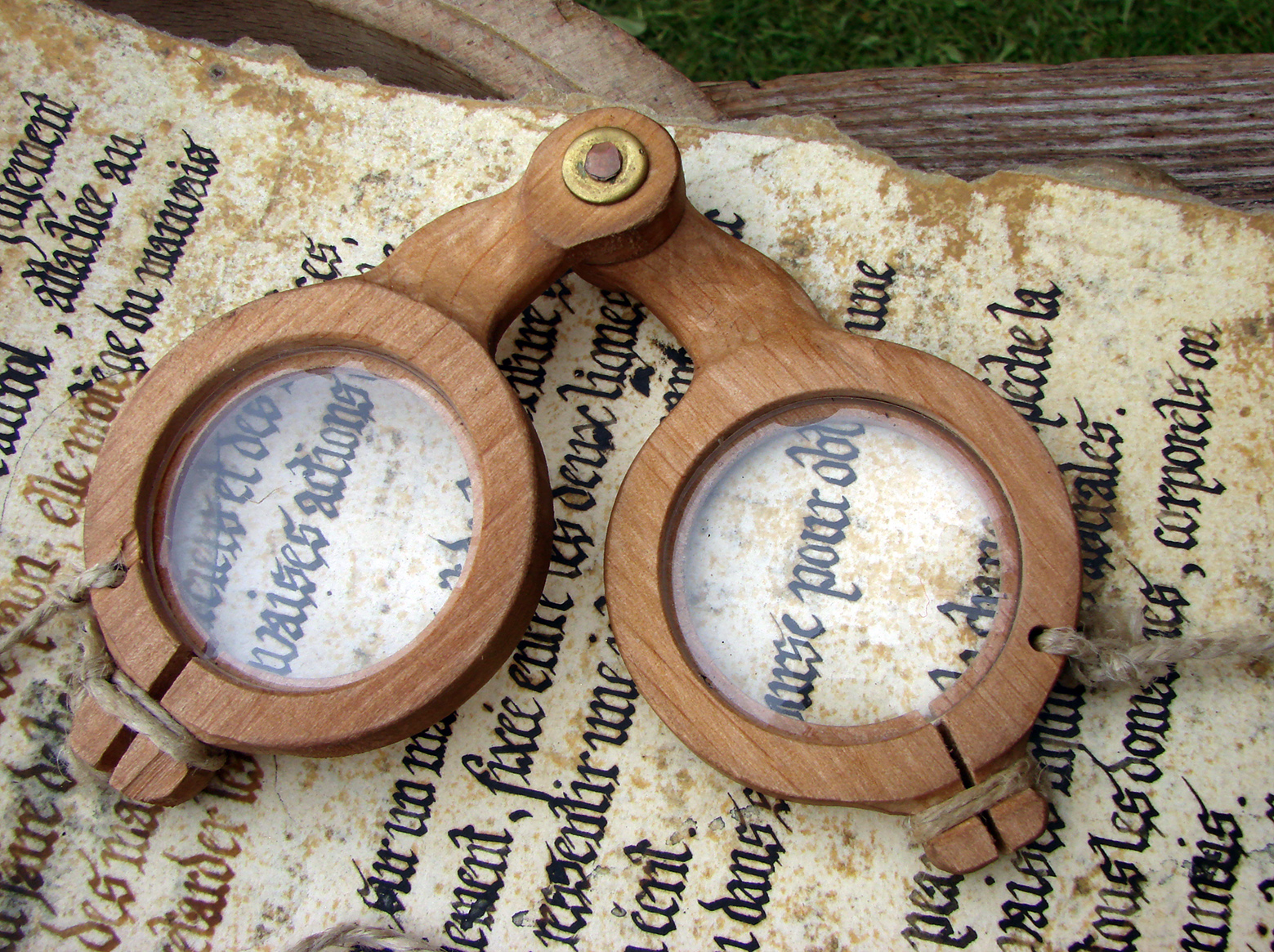I know some authors dread revision (my sister complains that she tends to revise her work to death). I'm not one of them. As much as I enjoy the initial rush of words on paper (except, of course, for the saggy middle), I like even more the chance to sharpen those words into something meaningful.
Some of this comes from my other life as an academic--my first published paper took me nine revisions (most of them substantial) to get it right. And I've seen first-hand how much revision can benefit student papers.
But revising a novel is a totally different beast from revising an essay--with one exception. Both require an openness to "re-seeing" your piece.
I recently finished a draft of a novel I'm quite excited about--a ninteenth-century alternative history set in Hungary on the eve of the 1848 revolution. But the initial draft, fun as it was to write, had a number of problems with it. I knew I wanted my revision to be meaningful, but I also knew that I can't try to fix everything at once. (Maybe some writers can. I'm not one of them). So I came up with a plan, based loosely around revision suggestions given by writer Donald Murray (who also happens to be a noted scholar in my other field). I'll be talking about each step in more detail in later posts.
1. Revise for plot. This means looking at both the overall narrative structure of the piece and the individual scenes. In practical terms, this meant creating a reverse outline of my novel, and breaking each chapter down into scenes, a description of character goals for those scenes, along with a description of purpose and mood. (To be honest, I got bogged down about half-way through and just listed the events, but I still found the experience helpful, as it let me see quickly where plot holes existed.) When I finished, I went through and color-coded each scene to let me know whether it was part of the main plot or one of two sub plots.
2. Revise for Character. Is each character acting consistently? Does each character have a unique voice? Do characters have oppositional goals in each scene?
3. Revise for mood. In his terrific book on screenwriting, Story, Robert McKee makes a compelling case that shifts in value (and mood) are part of the engine that drives the story forward. As I revise, this is one of the things I intend to watch for.
4. Revise for voice. After a compelling story, voice is probably one of the most important elements of a good story. But paying too much attention to voice early in the process can be counter-productive, particularly if one of those carefully crafted scenes later ends on the chopping block.
Right now I'm still revising for plot--since this entails rewriting a substantial number of scenes, including the final one, I imagine this step may take me a while. But having a plan also makes me feel like I know what I'm doing, and like my revision is do-able.
How about you? What revision goals do you set for yourself? What are your favorite parts of revision or drafting?

No comments:
Post a Comment